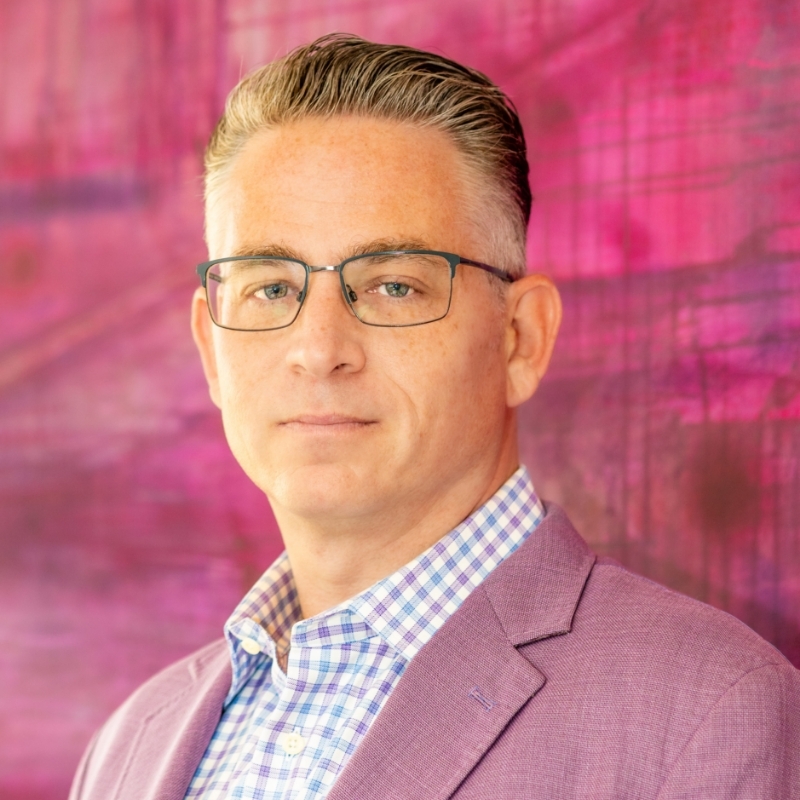Whenever someone typically thinks of addiction treatment, they think of either inpatient treatment or outpatient treatment. They either think of traditional 28-day residential treatment or they think of an intensive outpatient program (IOP) level of care. While the levels of care of addiction treatment or rehab are not just 28-day rehab or intensive outpatient, these are the levels most commonly considered when someone is searching for treatment for addiction or substance use disorder.
Inpatient/Residential Treatment
Inpatient treatment or residential treatment is typically thought of as the traditional rehab model- someone “goes away” for 28 days to an inpatient setting, residential campus, or hospital-based program. Inpatient treatment typically occurs for 28 days but can sometimes be a longer stay, such as two or three months in length. In inpatient rehab or residential treatment, a patient checks into treatment and stays at the rehab or facility for a designated period of time (often 28 days.) Patients stay overnight at the facility and are supported by 24/7 staff. The staffing of different rehabs can be different- some offer 24/7 nursing staff alongside other clinical or recovery support staff, while some rehabs only have behavioral health techs on for overnights. All residential rehabs will employ clinical and medical staff during regular daytime hours. Inpatient or residential treatment often begins with a short-term detox and medical stabilization, afterwards a patient begins the more rigorous clinical work needed to begin a journey of recovery. In inpatient treatment or residential rehab, patients most likely need to take time away from family and work, although some programs will allow patients to work if that program is specifically designed for working professionals. Patients are also fed via the facility, often through a chef and culinary team. Many inpatient rehabs have additional amenities or activities, such as a gym, holistic offerings like massage and acupuncture, and relaxation areas. While many patients do not want to enter inpatient rehab or residential treatment, it is often the most effective way of starting treatment, stopping the use of drugs and alcohol, and beginning a process of recovery.
Outpatient Treatment
Outpatient rehab or outpatient treatment is a level of care that is less restrictive than inpatient or residential treatment, since patients come to a facility or center to receive clinical services only a small amount of time per week. Typically, patients will live at home or in another type of supportive living environment like a sober home or recovery house and show up for outpatient treatment several hours during the week. The most well-known outpatient level of care for addiction treatment is intensive outpatient (IOP). In most cases, patients will go to an IOP no less than 9 hours per week, and sometimes up to 20 hours a week. Those hours are clinical hours, consisting of group therapy and individual therapy. Some outpatient programs also include psychiatry. Few IOPs offer additional services outside individual and group therapy. The benefits of outpatient treatment include patients not needing to take time away from their family or work, more freedom, and less disruption in their daily lives. It can be beneficial for people that are single parents or those taking care of an elderly parent, or individuals who truly cannot take a month away from work. However, outpatient treatment should never be used in place of inpatient rehab or residential treatment.
There are benefits and detriments to both levels of care. However, it is important to note that “treatment” is not simply an event, but rather a process of engaging in clinical care. Therefore, treatment should not be seen as inpatient versus outpatient care, but rather best recovery results often come from a patient engaging in a continuum of care that includes both inpatient and outpatient treatment.
The MARC Difference
Here at Maryland Addiction Recovery Center, our programs are designed to bridge the gaps between inpatient and outpatient treatment and negate many of the barriers that exist to recovery. The MARC model is a long-term community reintegration model that slowly reintegrates a patient back to their daily life, while removing barriers to recovery that often cause relapse, and incorporating new ways of living that help a patient create a successful, high quality of life.
Addiction is a chronic illness, meaning that it requires long-term care and management. Treatment is not episodic, and rather should be a long-term process that helps patients learn to live with and manage their addiction, overcome it, and live a successful life in recovery. Therefore, here at MARC, we incorporate all the successful pieces of inpatient or residential treatment a patient experiences at rehab, while building on that experience and those tools with additional work and support. This includes family work, trauma work, educational and academic planning, vocational therapy and support, life skills development, and allow patients to engage in life circumstances where they can learn to incorporate what they’ve learned in treatment. This allows for self-efficacy, experience, and stumbling blocks to be overcome, while still receiving care and support from the treatment team. As a patient slowly passes through phases of the MARC program, they build on the previous treatment experience, and learn to live a successful life while in treatment, so that when they leave treatment, there life is already working. This makes for a much smoother transition in overcoming addiction, finding recovery, and living a purpose-driven life of meaning and authenticity.
If you or someone you know needs help for addiction or co-occurring disorder issues, please give us a call. Maryland Addiction Recovery Center offers the most comprehensive dual diagnosis addiction treatment in the Mid-Atlantic area. If we aren’t the best fit for you or your loved one, we will take the necessary time to work with you to find a treatment center or provider that better fits your needs. Please give us a call at (410) 773-0500 or email our team at info@marylandaddictionrecovery.com. For more information on all of our drug addiction, alcohol addiction and co-occurring disorder services and recovery resources, please visit our web site at www.marylandaddictionrecovery.com.
